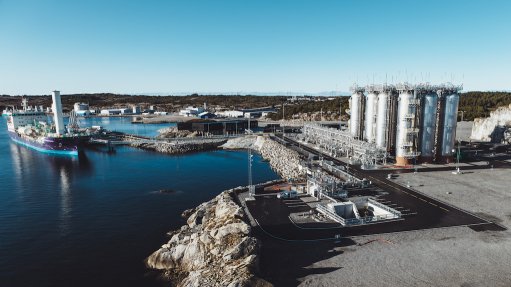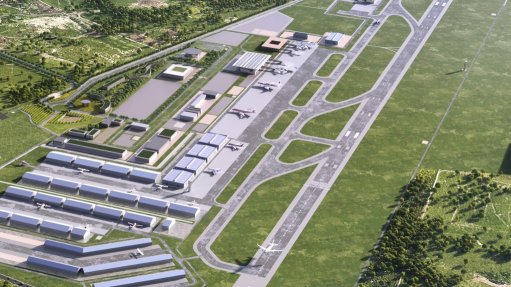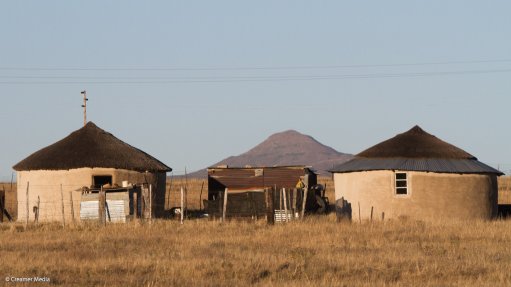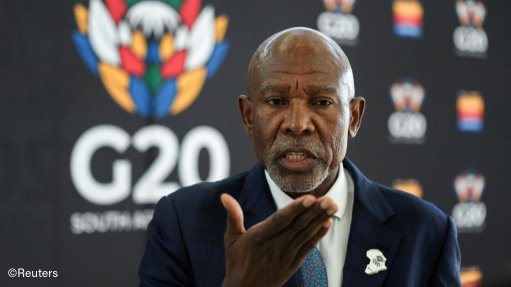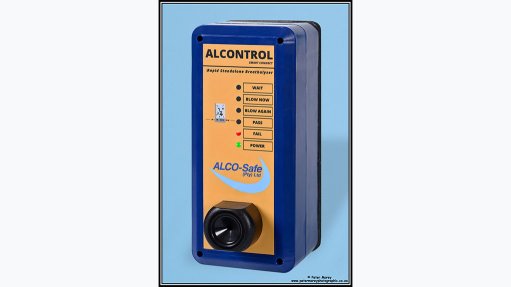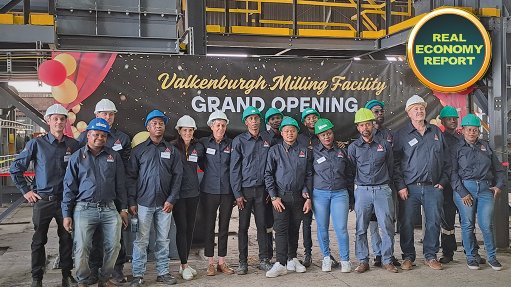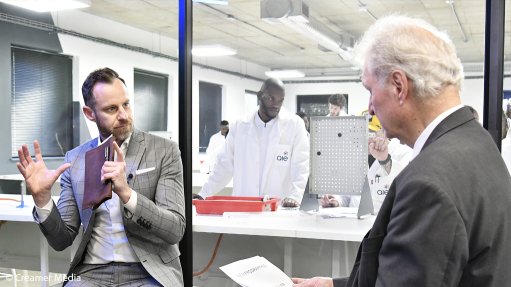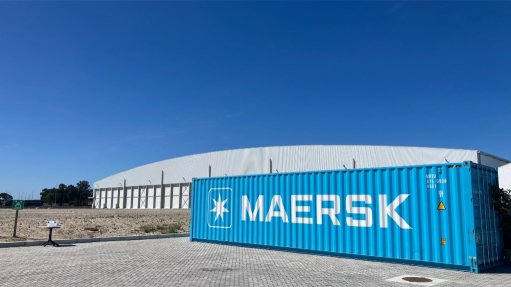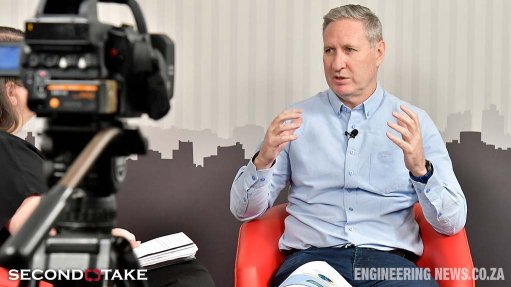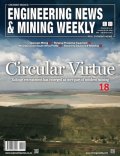Pre-eminent representation reaffirmed by Seifsa

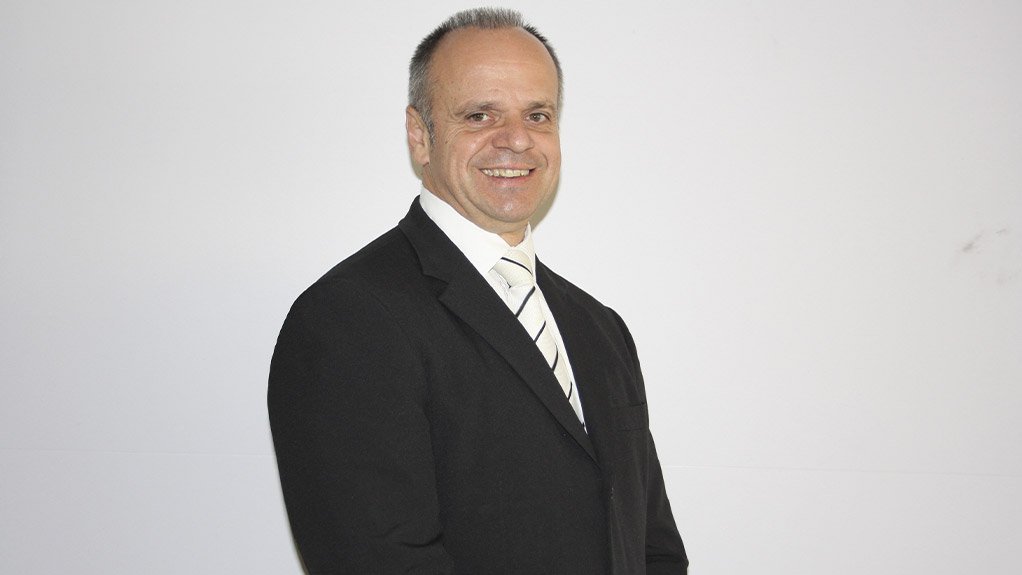
LUCIO TRENTINI It is imperative for companies to speak with one common voice when dealing with the challenges facing the sector
Owing to the country’s precarious socioeconomic outlook, it is critical for the Steel and Engineering Industries Federation of Southern Africa (Seifsa) to reaffirm its position as the pre- eminent representative in the best interest of its members, says Seifsa operations director Lucio Trentini.
This follows from the role it plays in the future of collective bargaining, advocating and lobbying in terms of general business needs, good governance, regulatory interventions, socioeconomic and human capital policy, as well as industrial policy and opportunity, he adds.
“Through collective bargaining, trade unions have, since 1994, had equal representation with employers on the board of trustees of the Metal Industries Benefit Funds Administrators – a Section 21 company controlling the industry’s pension, provident, sick pay and permanent disability funds.”
Trentini states that, because of the diversity and size of the metals and engineering (M&E) sector, it is imperative for companies to speak with one common voice when dealing with the challenges facing the sector. The only way of achieving this is when employers are represented through an agency that can articulate their concerns and move the industry forward.
“While it is possible to have shop floor agreements, they do not move the industry forward. It is strategically vital for companies in the M&E sector to join associations they feel aligned with, and to actively participate in the affairs of these associations, as well as mandate them to represent their interests at Seifsa council meetings,” he says.
Trentini predicts that, in the next five years, the collective bargaining model will come under increased pressure. The model will continue to be questioned and the extension of its agreements will also come under scrutiny.
If the M&E sector does not find a suitable way of unlocking an alternative to collective bargaining, it may be confronted with an unregulated and chaotic industry, he declares.
“This is why we need to continuously engage if we wish to hold onto the promise of stability and peace in our industrial relations.”
Seifsa has played a major role in not only representing its associations and member companies, but also contributing significantly towards shaping South Africa’s industrial relations landscape.
Trentini advances that the federation will continue to work hard to represent its associations and member companies, for without associations there is no Seifsa, and without companies, associations would also cease to exist.
Further, he asserts that a successful collective bargaining model will continue to address the challenges of minimum standards, inequality and poverty, while critically ensuring the continued survival and growth of the businesses in the sector.
“Collapsing the current system without having an acceptable, well thought-out and viable alternative model – acceptable to all stakeholders – that will be able to address the root causes underlying the symptoms plaguing our labour relations environment can have dire consequences. “Until this balance is found, our industrial relations climate will remain seriously problematic and continue to erode investor confidence and direct investment in the economy.”
Trentini concludes that an immediate collapsing of the current centralised collective bargaining model may result in complete chaos, which is a predicament that cannot be in the interest of any employer.
Article Enquiry
Email Article
Save Article
Feedback
To advertise email advertising@creamermedia.co.za or click here
Comments
Announcements
What's On
Subscribe to improve your user experience...
Option 1 (equivalent of R125 a month):
Receive a weekly copy of Creamer Media's Engineering News & Mining Weekly magazine
(print copy for those in South Africa and e-magazine for those outside of South Africa)
Receive daily email newsletters
Access to full search results
Access archive of magazine back copies
Access to Projects in Progress
Access to ONE Research Report of your choice in PDF format
Option 2 (equivalent of R375 a month):
All benefits from Option 1
PLUS
Access to Creamer Media's Research Channel Africa for ALL Research Reports, in PDF format, on various industrial and mining sectors
including Electricity; Water; Energy Transition; Hydrogen; Roads, Rail and Ports; Coal; Gold; Platinum; Battery Metals; etc.
Already a subscriber?
Forgotten your password?
Receive weekly copy of Creamer Media's Engineering News & Mining Weekly magazine (print copy for those in South Africa and e-magazine for those outside of South Africa)
➕
Recieve daily email newsletters
➕
Access to full search results
➕
Access archive of magazine back copies
➕
Access to Projects in Progress
➕
Access to ONE Research Report of your choice in PDF format
RESEARCH CHANNEL AFRICA
R4500 (equivalent of R375 a month)
SUBSCRIBEAll benefits from Option 1
➕
Access to Creamer Media's Research Channel Africa for ALL Research Reports on various industrial and mining sectors, in PDF format, including on:
Electricity
➕
Water
➕
Energy Transition
➕
Hydrogen
➕
Roads, Rail and Ports
➕
Coal
➕
Gold
➕
Platinum
➕
Battery Metals
➕
etc.
Receive all benefits from Option 1 or Option 2 delivered to numerous people at your company
➕
Multiple User names and Passwords for simultaneous log-ins
➕
Intranet integration access to all in your organisation








